Effects of Fake IDs on Family and Social Relationships: Benefits and Consequences
Effects of Fake IDs on Family and Social Relationships: Benefits and Consequences
History and Evolution of Fake ID Use
Fake IDs have a long history, dating back to when age limits for drinking, voting, and other activities first emerged. Demand for counterfeit IDs grew as governments implemented age-based laws, especially after the National Minimum Drinking Age Act of 1984 set the legal drinking age at 21, which restricted alcohol use in the United States.

Over time, fake IDs have evolved from simple paper documents to sophisticated replicas of official IDs. Technological advances, such as high-quality printing and holography, have made fake IDs more realistic and harder for authorities to detect.
Common Reasons Individuals Obtain Fake IDs
The most common reason for obtaining a fake ID is to circumvent age restrictions, such as purchasing alcohol, entering a bar or club, or attending an age-restricted event. Young people often seek out fake IDs to gain access to social situations that are typically reserved for adults.
Some people use fake IDs to get around other legal restrictions, such as renting a car, purchasing certain products (such as tobacco or vaping supplies), or participating in age-restricted activities (such as gambling).
Others use fake IDs to remain anonymous, to avoid detection by authorities, or to get around travel restrictions. This includes those whose true identity could be exposed as a result of legal or social consequences.
In some cases, fake IDs are used for financial fraud, such as opening a bank account or applying for a loan under a false identity.
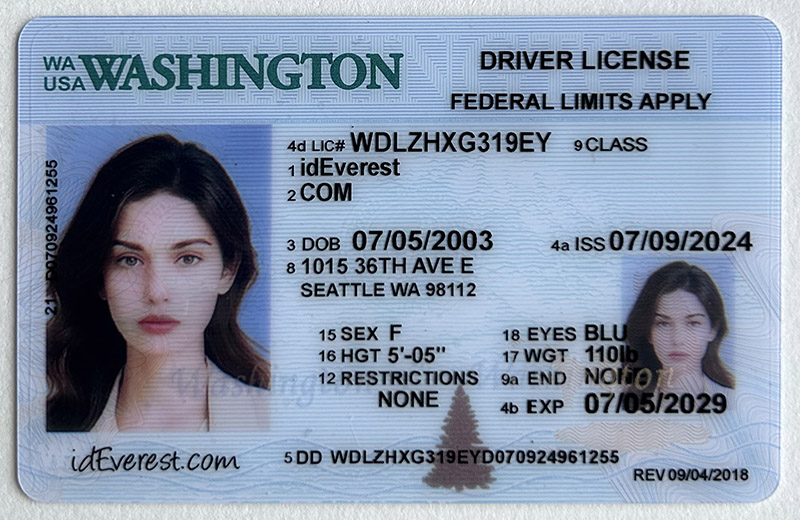
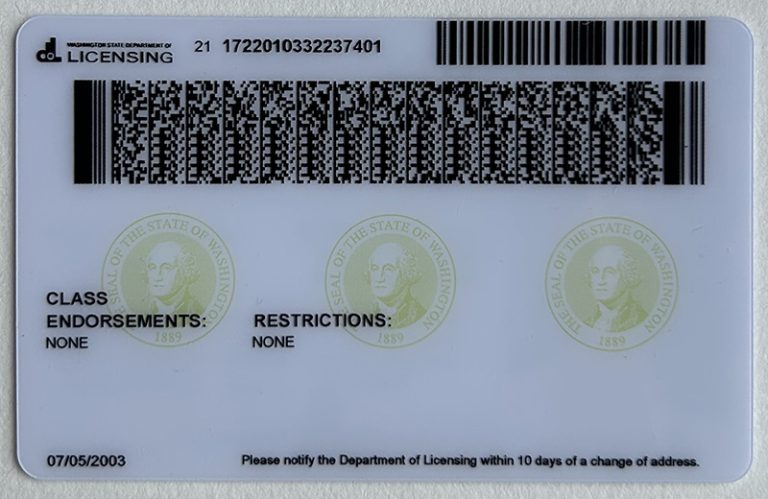
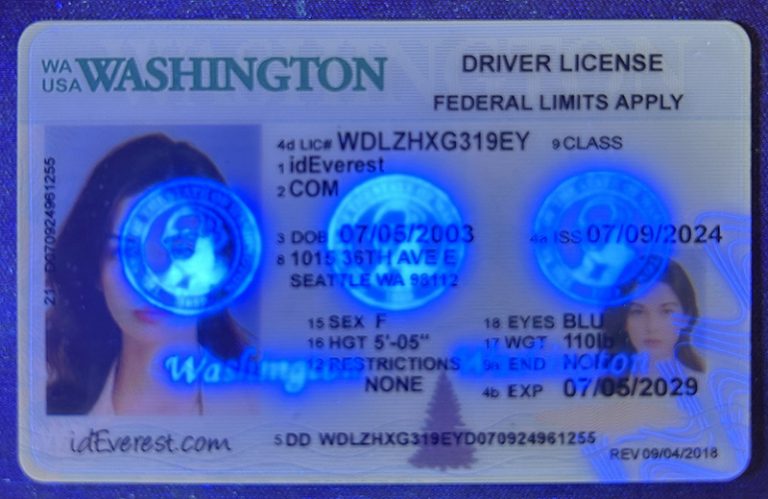
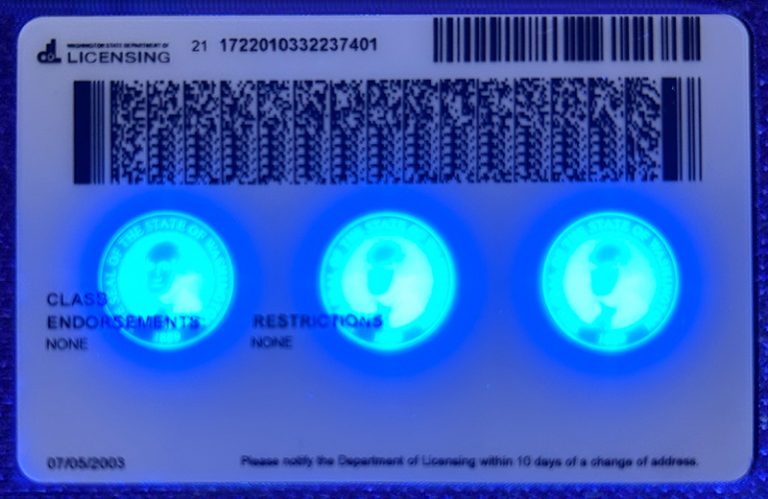
Trust Issues Within Families
When parents discover their children are using fake IDs, it can lead to a serious breakdown in trust. Parents may feel deceived and question their children’s honesty and judgment, especially if their children are using fake IDs to engage in dangerous or illegal activities.
For some families, the discovery of a fake ID may be seen as a minor issue, while for others it may represent a deeper violation of family values, especially when honesty and integrity are core to the family’s belief system. This erosion of trust can extend beyond the specific incident of the fake ID to affect the parent-child relationship as a whole. Parents may begin to doubt their children’s trustworthiness in unrelated areas, leading to heightened levels of suspicion and scrutiny. This may manifest as increased monitoring of their children’s activities, stricter family rules, or restrictions on privileges such as curfews, social activities, or technology use.
For some families, the discovery of a fake ID may be seen as a minor lapse in judgment that can be addressed through open communication and corrective action. In these cases, parents may view the situation as a learning opportunity designed to guide their children to make better decisions in the future.
If someone is caught using a fake ID, this may affect their relationships with friends, depending on the circumstances. Friends who also engage in fake ID use may distance themselves from them to avoid being involved in potential legal consequences, while others may offer support. In situations where only one person is caught, feelings of betrayal may result if that person reveals information about others.
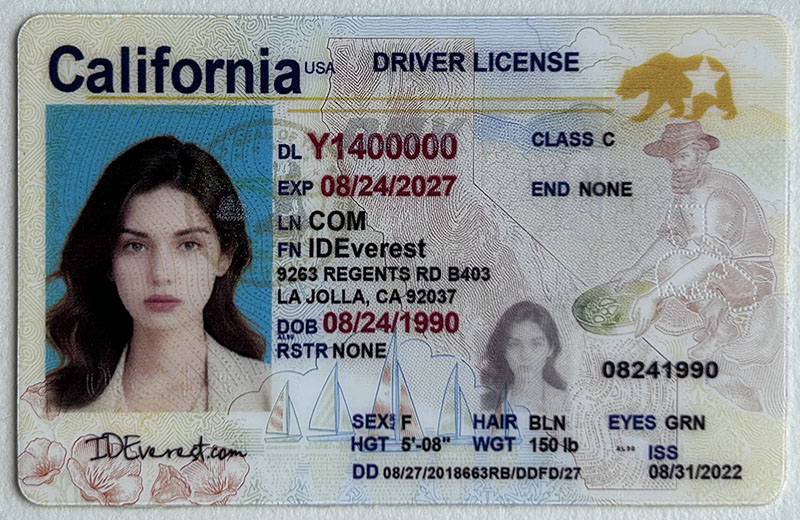
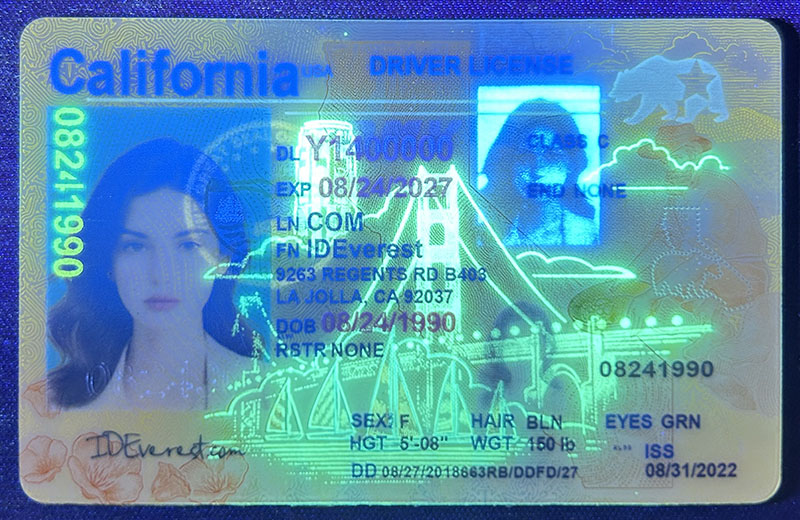
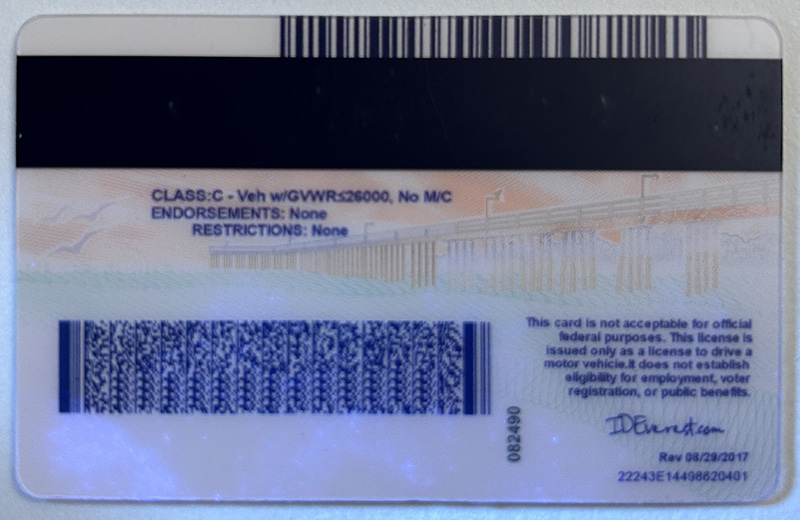
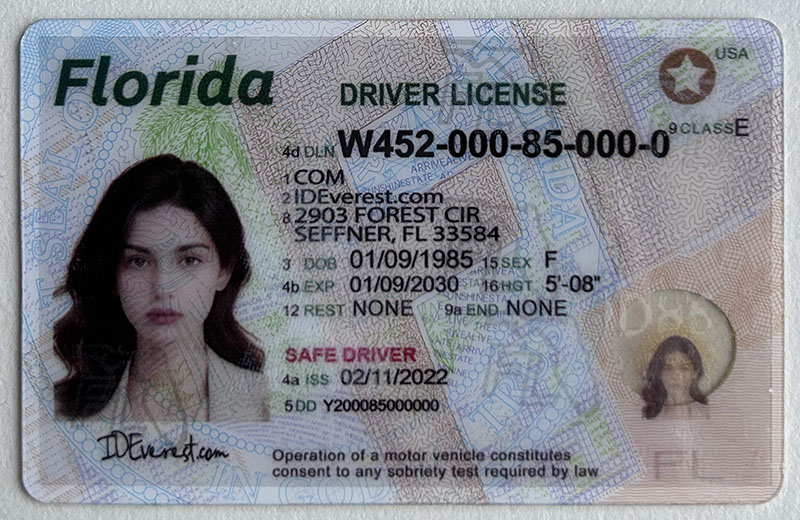
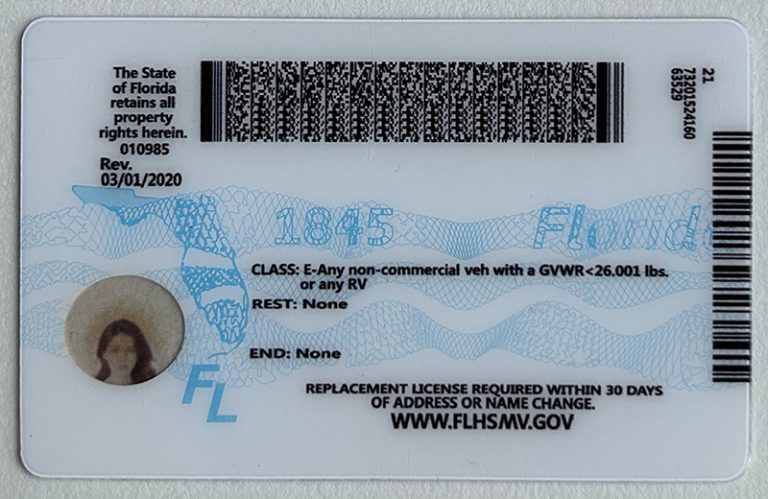
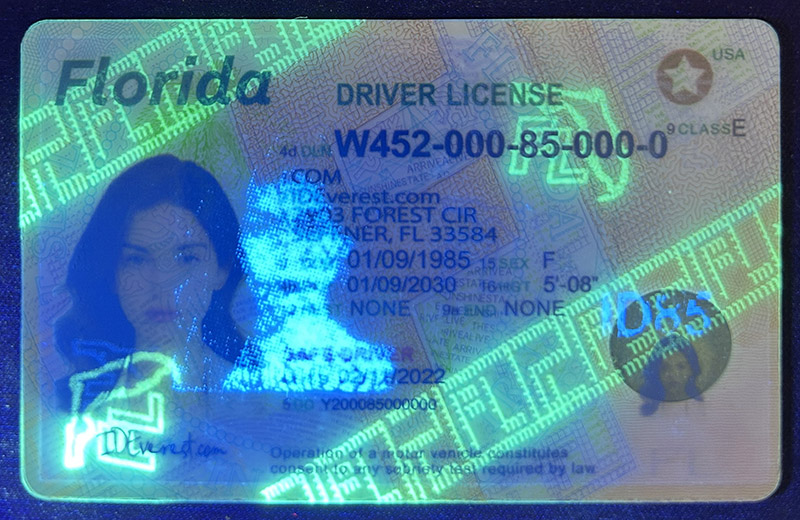
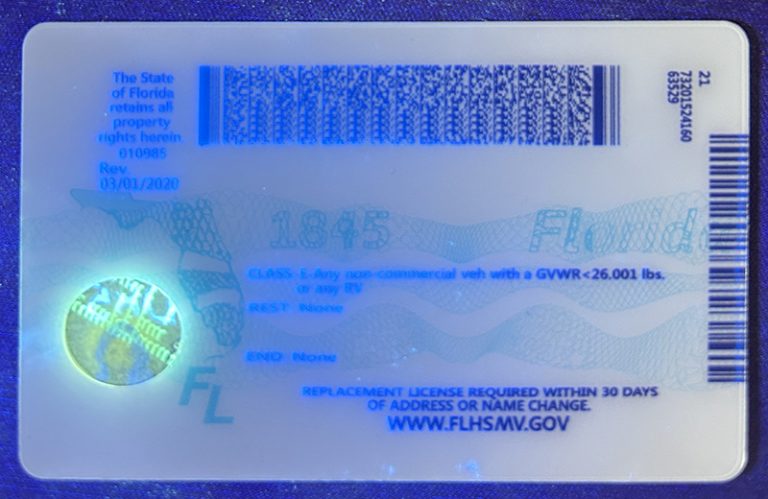
Friendships may become strained if parents or authorities become involved, especially if the consequences extend beyond the individual, such as when venues enforce age verification or the situation escalates into a legal matter.
Repeated use of fake IDs can shape an individual’s social identity, reinforcing certain behaviors and attitudes associated with rebellion, risk-taking, or nonconformity. Over time, this may affect how they treat other social or legal boundaries, potentially leading to a wider pattern of rule-breaking or breaking. On the other hand, the experience of using a fake ID and the risks or consequences faced can serve as a valuable lesson, prompting an individual to reevaluate their actions and act more cautiously. Therefore, long-term social consequences will vary depending on the individual’s experience and the social context in which the fake ID was used.
Attending events, clubs, or bars that are typically age-restricted:
One of the main benefits people perceive of using a fake ID is access to social venues and events that have age restrictions, such as nightclubs, bars, concerts, and festivals. For young people, these experiences often represent adult freedoms and desirable social activities that they are eager to participate in.
By using a fake ID, individuals can bypass age-based entry requirements and enjoy the same recreational opportunities as their older peers, allowing them to feel more socially integrated. These venues are often central to young people’s social lives, especially in college settings where nightlife is an important part of the cultural experience.
Gaining a sense of independence and adulthood:
Using a fake ID can also provide a sense of empowerment and maturity, as it allows individuals to participate in adult behaviors and explore freedoms that are typically reserved for those over a certain age. This can be particularly appealing to young people who are eager to prove their autonomy and independence.
Being able to navigate adult spaces and participate in activities, such as ordering drinks at a bar or attending 18+ or 21+ events, can make people feel more mature or responsible, even if these activities themselves involve a degree of risk or deception. This perceived independence is often a driving factor in the decision to obtain a fake ID.
Strengthening social connections through participation in shared experiences:
Fake IDs can facilitate connections with friends, allowing individuals to participate in shared activities, such as clubbing, attending concerts, or celebrating special occasions at age-restricted venues. Participating in these shared experiences can strengthen friendships and create memories that form the basis of social relationships. Being able to be with friends in these settings without feeling left out or restricted can strengthen a person’s social connections as they are seen as being able to fully participate in the group’s lifestyle. This participation can also provide opportunities to meet new people and expand one’s social circle in what is often seen as a more adult environment. In social groups where the use of fake IDs is common, having a fake ID can become a form of social currency. It can allow individuals to avoid being an “outlier” and help them feel more accepted and included in group activities. For young people, social integration is often closely associated with participating in the same activities as their peers, so having a fake ID can seem almost necessary to maintain social status.
Peer pressure can also reinforce the perceived need for a fake ID. If the majority of people in a friend group use fake IDs, this can create an implicit expectation that everyone will participate, making those without fake IDs feel excluded or outcasted. For some people, obtaining a fake ID is a way to avoid social isolation and ensure that they are part of the group dynamic.

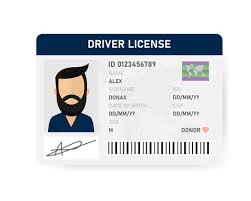 Best fake ID features
Best fake ID features
 Effects of Fake IDs on Family
Effects of Fake IDs on Family
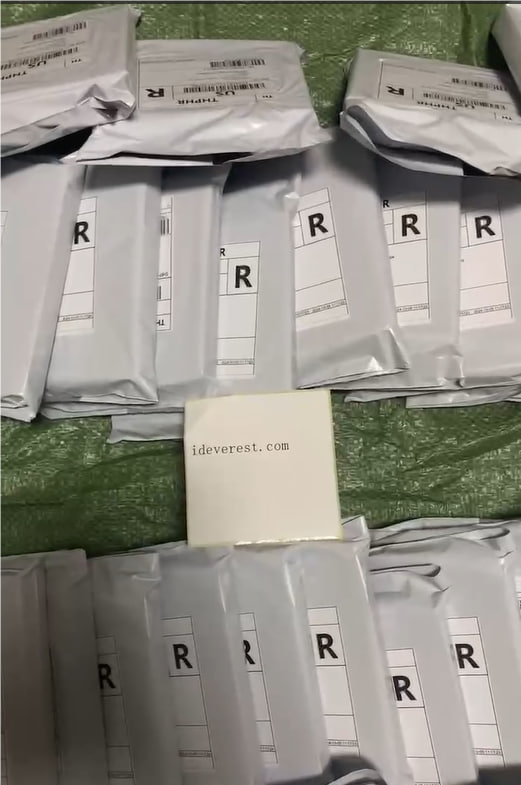 ID Lord Website Summary Report
ID Lord Website Summary Report
 ID Everest Website Summary Rep
ID Everest Website Summary Rep